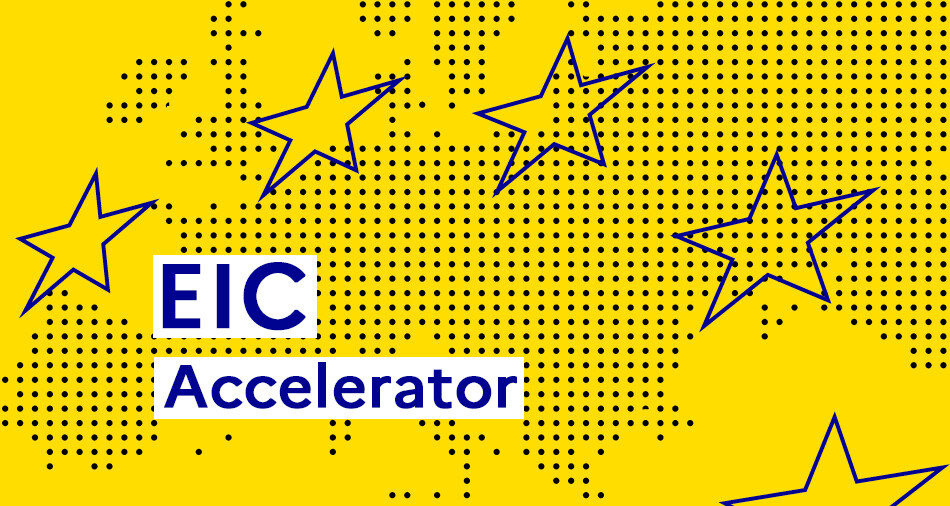Événement à la une

Le 10.09.2024
Webinaire EIC Accélérateur sur l'étape 2 "Full Proposal" - 10 septembre 2024
L'équipe du PCN EIC Accélérateur organise un webinaire le mardi 10 septembre de 11h à 12h.

ExpectedOutcome:
Projects are expected to contribute to the following expected outcomes:
Trust in science is key for an inclusive, open and democratic society.[1] To sustain that trust, it is pivotal all research is conducted in line with the highest standards on research ethics and integrity. Research misconduct, in any stage of the research process, can undermine public trust in research and may amount to severe socio-economic consequences.
Several factors may lead researchers to breach research ethics and integrity standards and engage in questionable research practices. While some of these factors are systemic and institutional, individual factors may contribute to researchers’ behaviour within the institutional environments in which they operate. While researchers mostly act with integrity , they sometimes (and often unintentionally) end up engaging in questionable practices that could lead to transgressions, engulfing research teams, departments, institutions and on rare occasions, even national research systems. In order to develop a comprehensive preventive policy and support research organizations and research funders to uphold the highest standards of research ethics and integrity, there is a need to explore in depth the behavioural and organizational factors that may facilitate researchers engaging in questionable practices and misconduct and develop methodologies to address those factors.
This action aims to improve the understanding of researchers’ behaviours and incorporate this knowledge in measures aiming at enhancing promotion of ethics and integrity principles through shared responsibility (individual and institutional), improved education and training processes and qualified mentoring and support. Guaranteeing a generalised and consistently high level of research ethics and integrity, could drastically improve the relevance, robustness, accessibility and dissemination of research results and enhance societal trust in the scientific process.
Scope:
In order to elucidate behavioural factors that may lead researchers to breach standards of research ethics and integrity, this action should perform a literature review, map the existing knowledge on behavioural ethics and moral psychology and identify research outcomes and research needs.
Based on the results of the literature review the action should develop a casuistry-based methodology to address research misconduct. This methodology should also take into account personal and institutional responsibilities for the promotion of research integrity and relevant research and efforts on the rehabilitation and reintegration of researchers. Particular attention should be paid to issues related to the mental health and wellbeing of researchers, especially for those employed in uncertain work conditions (short-term contracts, early career researchers, students, etc.), including with respect to bullying and sexual harassment as well as other forms of gender-based violence.
Based on the results of the literature review, the action should conduct a public consultation process with all involved stakeholders and ensuring adequate representation of young students and early career researchers. The literature review and the consultation process should also incorporate real life experiences from researchers, members of ethics and misconduct committees, Integrity and Ethics officers (and the local and national level).Participation of the private sector is strongly encouraged, especially as behavioural studies on ethical conduct in industry have been widely published and discussed.
Publicly available results from relevant EU funded research projects[2] (e.g. SOP4RI, Integrity, PRO-Ethics, TRUST, PRO-RES, Path2Integirty) should be taken into account. Structured cooperation with the e-platform Embassy of Good Science[3] and the European Network ENRIO, is necessary.
In order to achieve the expected outcomes, international cooperation is strongly advised, in particular with countries which have concluded an international agreement on science and technology with the European Union. Participants from countries, which are not eligible for funding according to the General Annexes, may take part in the project as associated partners.
The action should develop:
All outputs of the action must be available on the e-platform Embassy of Good Science web site (https://www.embassy.science/)
Cross-cutting Priorities:
Digital AgendaArtificial Intelligence
[1]Bonn Declaration on Freedom of Scientific Research, adopted at the Ministerial Conference on the European Research Area on 20 October 2020 in Bonn, https://www.bmbf.de/files/10_2_2_Bonn_Declaration_en_final.pdf.
[2]Detailed information of the mentioned EU funded projects can be found on CORDIS web site (https://cordis.europa.eu/ )